Survey reveals most Japanese workers want to work from home at least twice per week

Younger and older workers did have different ideas of what the ideal number is, though.
Last year in the height of the pandemic we saw many companies switching to remote work out of safety, but these days, a lot of companies have returned to the office, much to the disappointment of many workers. While working from home certainly came with many challenges–like being embarrassed about the state of your home in video conferences or suddenly becoming self-conscious of how you look on camera–many people in Japan found remote work to be more appealing than coming into the office, according to a recent survey.
Engineering career support magazine fabcross for Engineers conducted a survey of 4,494 people between the ages of 20 and 59 living in the greater Tokyo metropolitan area (consisting of Tokyo plus the neighboring prefectures of Saitama, Chiba, and Kanagawa) between August 16 and September 8, 2021. The participants, who included 1,352 manufacturing engineers, 1,878 IT engineers, and 1,264 office workers, were asked to give their opinions on remote work.
▼ Breakdown of respondents. Dark blue for “manufacturing engineers”, light blue for “non-engineers”, and orange for IT engineers.
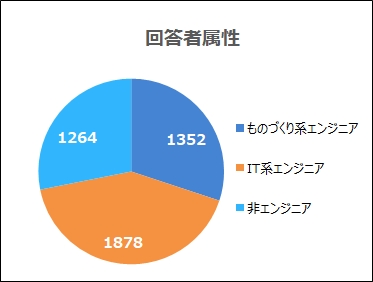
One of the most interesting questions on the survey was, “Ideally, how often would you like to work from home?” Among those surveyed that were in their 20s, 30s, and 40s, the highest percentage of respondents answered that they prefer to work from home every day. 20 percent of those in their 20s, 30.2 percent of those in their 30s, and 24 percent of those in their 40s answered “Five days or more per week” (the “or more” is likely meant for those who don’t work the average five-day workweek or who regularly work overtime on the weekends.)
For people in their 50s, however, it seems that a more balanced schedule is more desirable, as 22 percent chose “Three days per week”, which was the most popular answer for the age group. However, 20 percent also chose “Five days or more per week”, so perhaps many older workers would ideally like to spend less time in the office and more at home.
▼ “Please tell us your ideal frequency for teleworking”. Results arranged vertically by age (20s, 30s, 40s, and 50s).
Blue: 5 days or more per week; Orange: 4 days; Light blue: 3 days; Yellow: 2 days; Green: 1 day; Turquoise: 1 to 3 times per month; Navy blue: I don’t need to telework; Red: I don’t know.
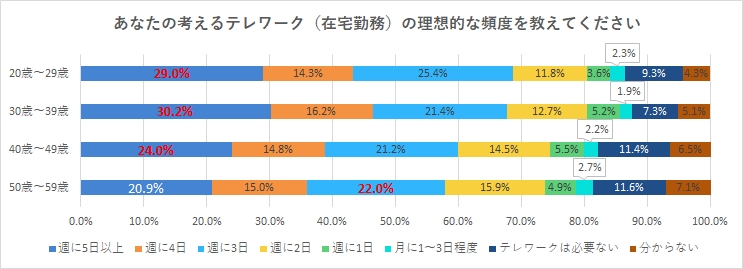
Based on the chart, however, it seems that the majority of all surveyed age groups would prefer to work from home at least twice per week, as more than 73 percent in every age group answered somewhere in the range of “Two days per week” to “Five or more days per week”.
There were some differences among the different types of workers who were surveyed, however. Manufacturing engineers, for example, whose work is harder to do from home, were much more evenly divided on whether they want more time to work from home or not. The most popular answer for them was “Three days per week” at 20.2 percent, but 18.3 percent said “Two days per week” and 17.9 percent even answered, “I don’t need to work from home.”
▼ From top to bottom: Manufacturing-type engineers, IT-type engineers, and Non-engineers.
Blue: 5 days or more per week; Orange: 4 days; Light blue: 3 days; Yellow: 2 days; Green: 1 day; Turquoise: 1 to 3 times per month; Gray: I don’t need to telework; Pink: I don’t know.
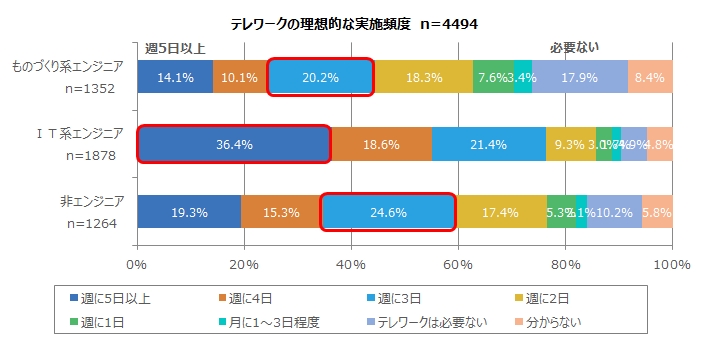
Many non-engineer admin types were in agreement that “Three days per week” was an ideal amount to work from home (25.6 percent), though a good portion still voted for four or even five days per week, too. IT engineers, on the other hand, seemed to mostly prefer to work from home all the time. The most popular answer for them was “Five days or more per week” (36.4 percent).
While the main purpose of the survey was to find out whether manufacturing engineers could work from home and what tools were needed to make it easier for them to do so, the takeaway for most of us is that many people want to be able to work from home, ideally at least two or three days per week.
Though this is a small sample size focused on the engineering industry, based on the myriad of good things that have come from Japanese workers being allowed to work from home, it seems right to say that many people would appreciate a diversion from the usual 40 hours per week at the office. Major companies like Square Enix are already permanently giving their employees the option to choose to work from home, so we can only hope such surveys will encourage more companies to follow suit!
Source: PR Times
Top image: Pakutaso
Insert images: PR Times
● Want to hear about SoraNews24’s latest articles as soon as they’re published? Follow us on Facebook and Twitter!
Credit:























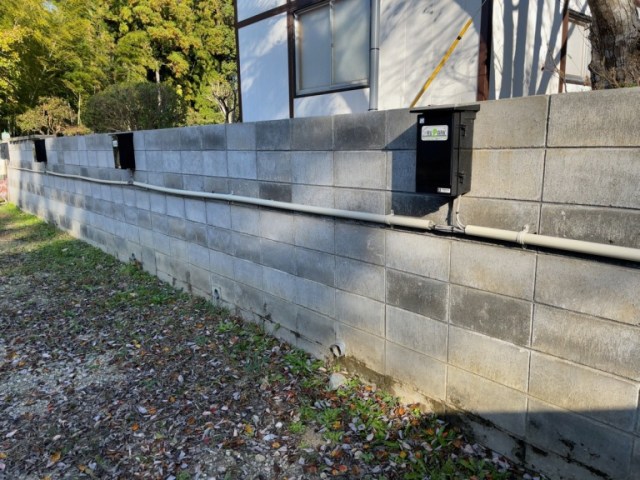

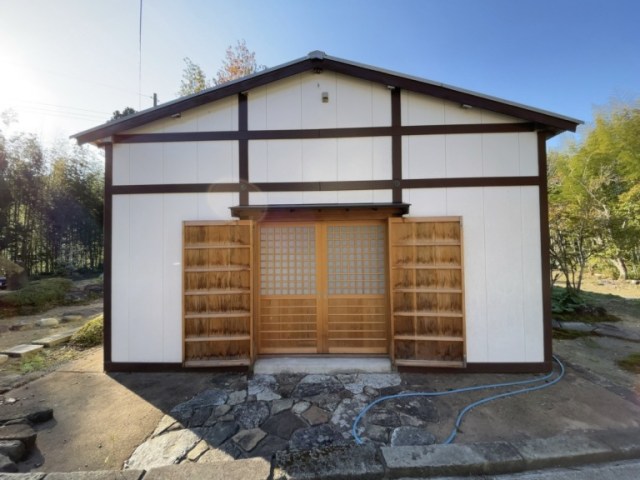
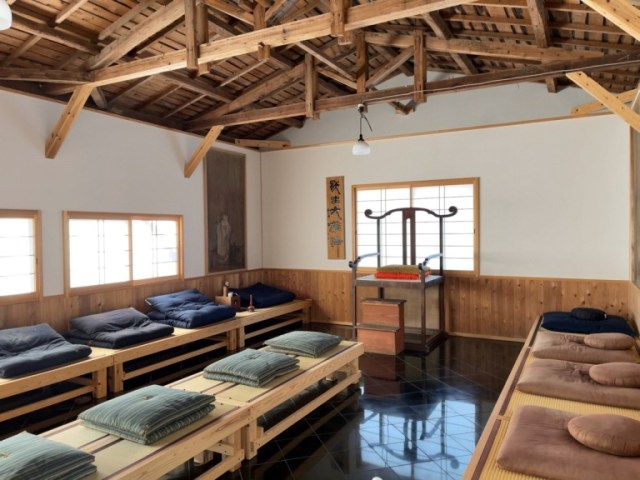


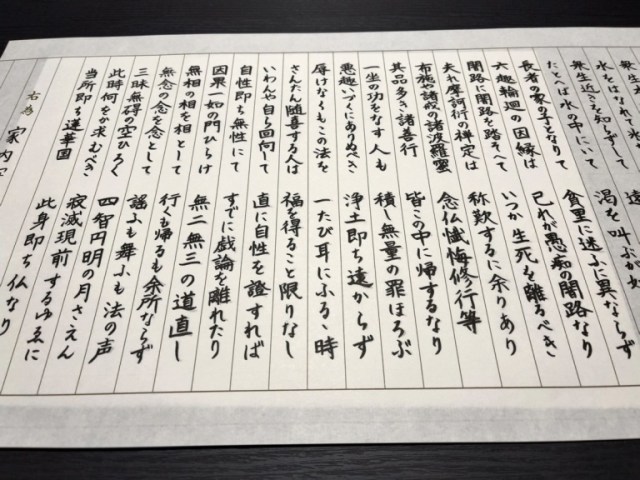




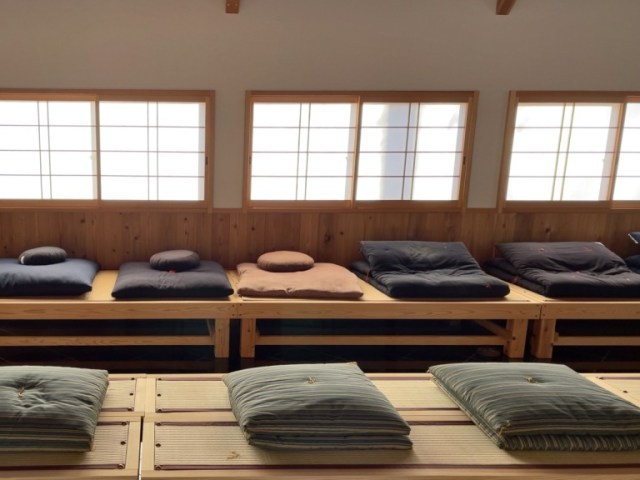
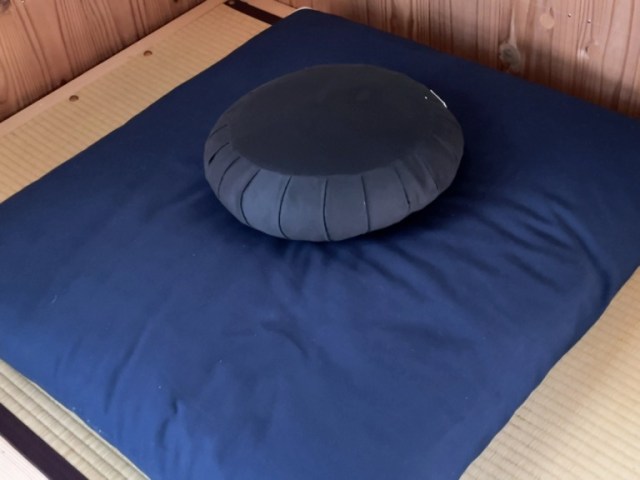
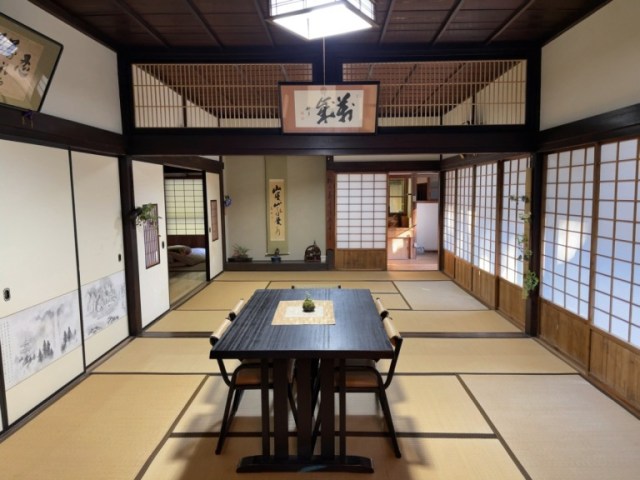



























0 comments:
Post a Comment